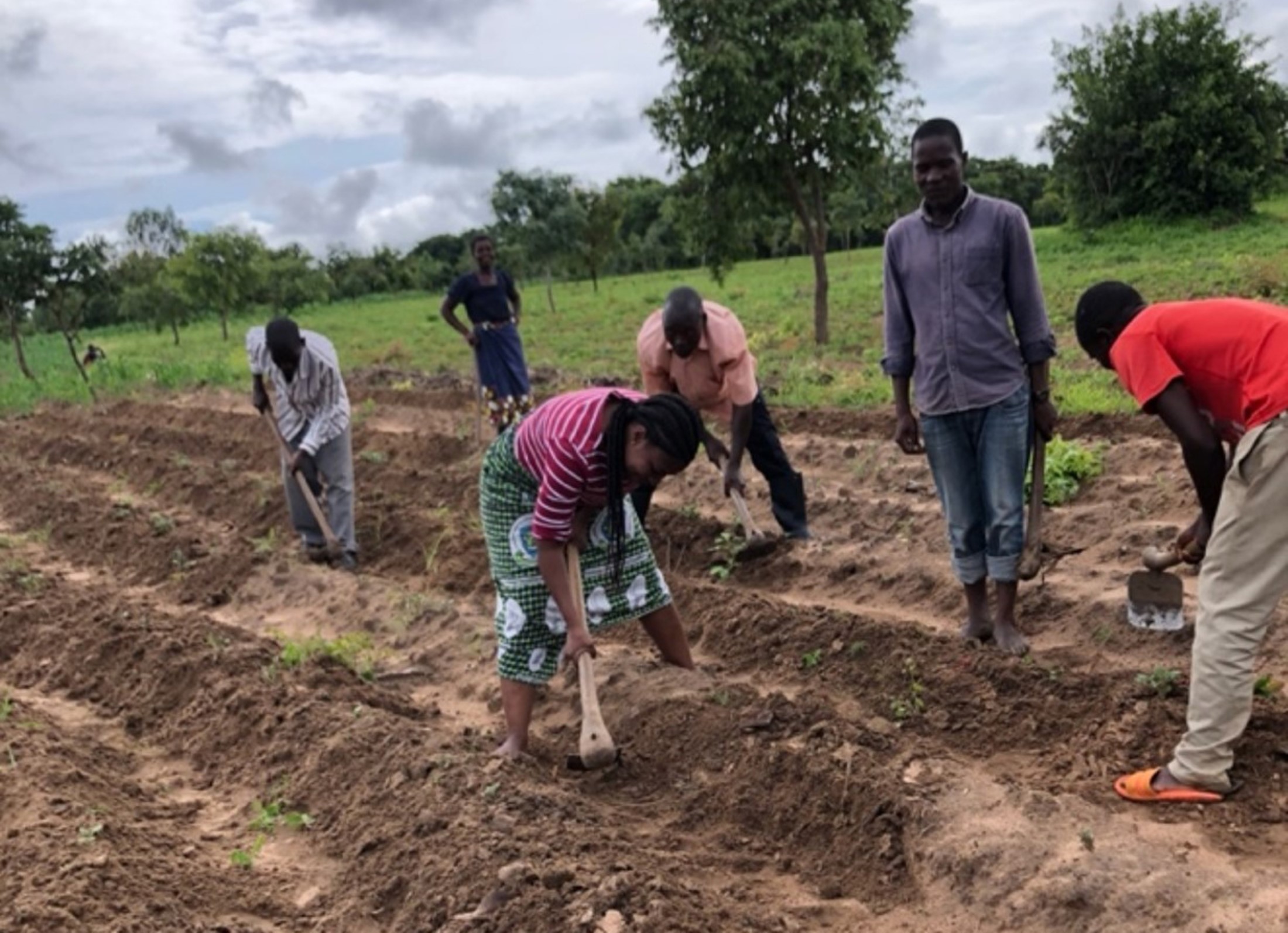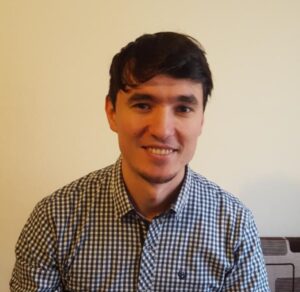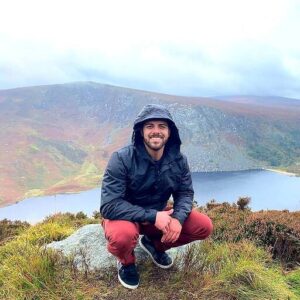University of Oxford
11a Mansfield Rd
OX1 3SZ
UK
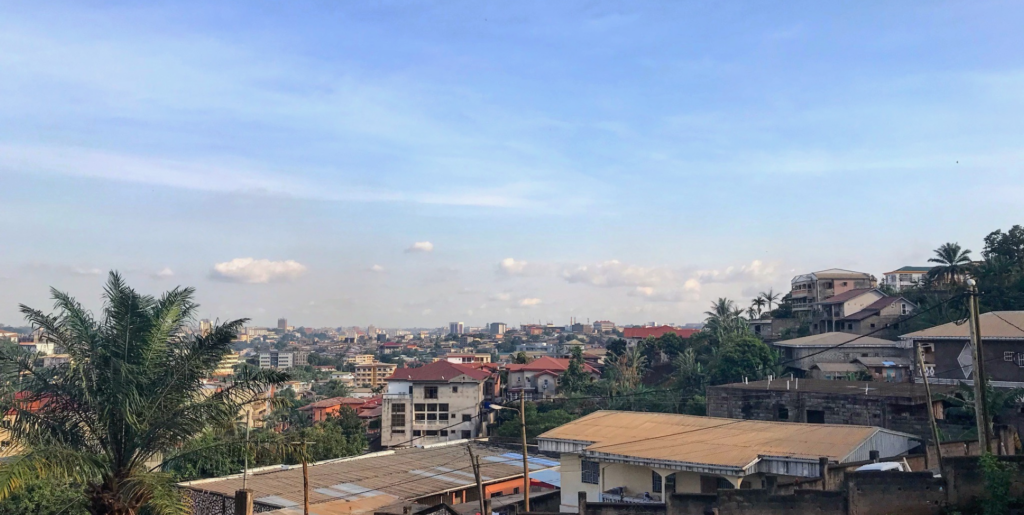
COVID-19 is causing widespread human suffering, as the most acute global public health emergency of our generation. While the origin of the novel coronavirus that causes COVID‐19 remains uncertain, several wild species (particularly bats) are known to be important hosts for this family of zoonotic diseases.
Planning
This is one of the most important aspects that is emphasized during fieldwork preparation training. I believe the idea, among many other things, is to think and plan about the travel logistics and the anticipated risks and how a researcher can manage them. All this is true, and I can’t agree more! But one thing I have learnt from my fieldwork is also to be prepared to adapt and adjust as things are moving in the field. No matter how detailed your fieldwork plan is (and yes, you may plan it to the letter), mastering the art of adapting and learning can minimize stress along the way. In my case, I lived in the community where I was doing my research and in this community there were market days, which were not like normal days. We had to adjust to only work in the morning because, come afternoon, most people were at the market either buying or selling or even just going to meet up with friends as per the community’s culture. Funeral ceremonies, weddings and even chieftaincy celebrations were part of the community culture as well. On such days, my team and I couldn’t work. We were either at our base camp or participating in these activities. My message is to plan and prepare your mind for things you can’t control as well.
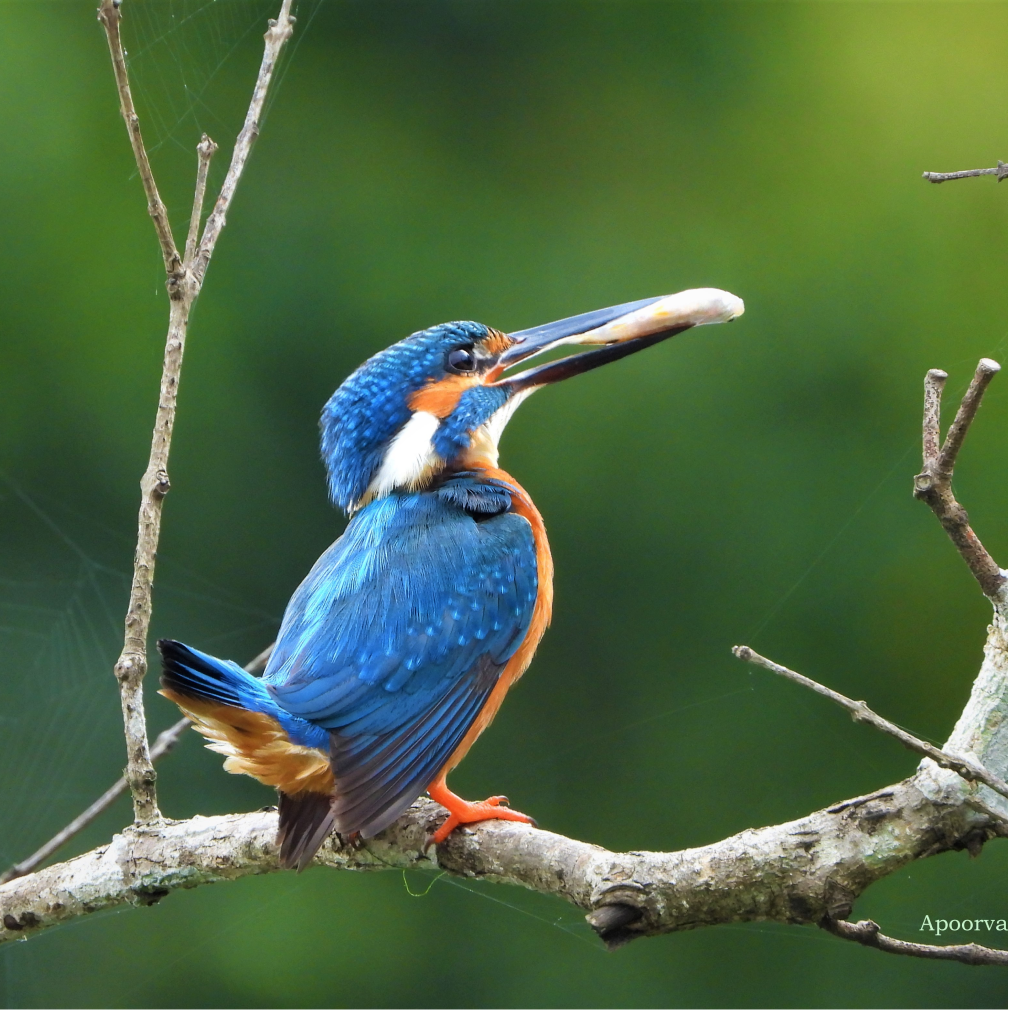
Community expectations
In some cases, I learnt that no matter how much you emphasize the purpose of your research– that the expected output is an academic thesis hopefully leading to peer reviewed papers and policy briefs– the communities will still hold on to some expectation that your research will benefit them directly or, at least, indirectly. Mind you, I was working with farmers in a country where anything related to agriculture is linked to either subsidies for fertilizer and other inputs, or even free bags of maize to the vulnerable people. Hence, no matter how much I emphasised the objectives of the research, there were still some community members who were worried that if my team and I did not interview them, this would mean that they would be excluded from whatever program would follow on from the study. Being made aware of such community expectations is surely something worth keeping at the back of your mind. In my case, I felt that it also helped me with communicating with them regarding their expectations.
